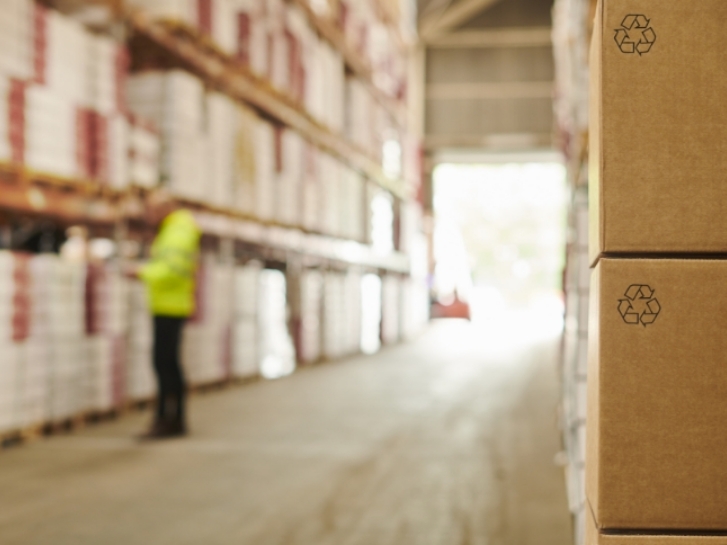Pitfalls to avoid and best practices
A sustainable supply chain equally considers and implements ethical and environmentally responsible practices and commercial imperatives. The supply chain encompasses everything from sourcing raw materials to logistics and disposal of products, packaging, and returns.
In a rapidly changing world impacted by rising awareness and financial challenges brought about by a global pandemic, companies are now more incentivised to implement sustainable practices in their supply chain. This presents its own challenges when it comes to ensuring all branches of the supply chain conform to and are accountable for these new standards. Companies have realised that socially responsible practices are crucial to long-term positive brand image, and good for people and the environment.
What qualifies a supply chain to be sustainable?
While the early definitions of sustainability were mainly focused solely on eco-friendliness, today’s sustainable concepts have broadened to recognise the ways every individual component of the business cycle impacts brand ethics and responsibility. This modern, holistic approach defines the components of a sustainable supply chain as:
Green: A green supply chain ensures that every component in the product life cycle, from design and material sourcing to logistics and disposal, complies with environmentally responsible standards. The ever-present threat of climate change means businesses need to take more steps to establish a green supply chain while maintaining profit.
Transparent: In an age of increased awareness and visibility of unethical practices, businesses need to be transparent and openly disclose information about suppliers from the bottom up. Openness encourages companies to naturally maintain more sustainable standards.
Circular: In a circular supply chain, products can be broken down after their shelf life into parts or raw materials that can be reused and recycled into sellable products. This practice is growing in popularity because of both its environmentally and economically justifiable benefits.
Mitigating challenges from lower-tier suppliers
Sustainable supply chains need to be established from the bottom up, and most of the challenges lie with larger companies creating sustainable practices that often do not encompass their lower-tier suppliers. This comes with its own obstacles: lower-tier suppliers are often located in countries with far more lax regulations, and do not feel incentivised to comply with the top tier’s regulations because of the lack of direct contractual relationships. Furthermore, they need to comply with the excessive demands often placed on them by top tier suppliers, and compromise on sustainable practices as a result.
Creating a sustainable supply chain, therefore, requires companies to be aware of their demands and how they affect their standards throughout the chain. For companies that use the same suppliers, supply chain managers can collaborate to minimise risk of scandals and facilitate wider environmental and ethical compliance.
Technology and training for a better future
Modern problems require modern solutions. By utilising modern digital technologies, companies can navigate the complexities of supply chains with ease and encourage accountability at every level. The Internet of Things (IoT) becoming commonplace and integrating AI technology has driven up real-time data collection and optimised performance across the supply chain network. The use of advanced technologies like RFID and blockchain have increased transparency levels by tying supply back to a single source and removing speculation.
With the increased digitisation of logistics and supply chain management to fit a changing world and new definitions of sustainability, workplace safety compliance and employee training has become more important than ever. National Food Institute’s logistics arm, National Logistics Institute, offers top-notch logistics and management training for your employees at every level of the supply chain. When your workers are trained in best ethical practices that reflect the increased transparency of today’s industries, you help your company move forward to a more sustainable future.

